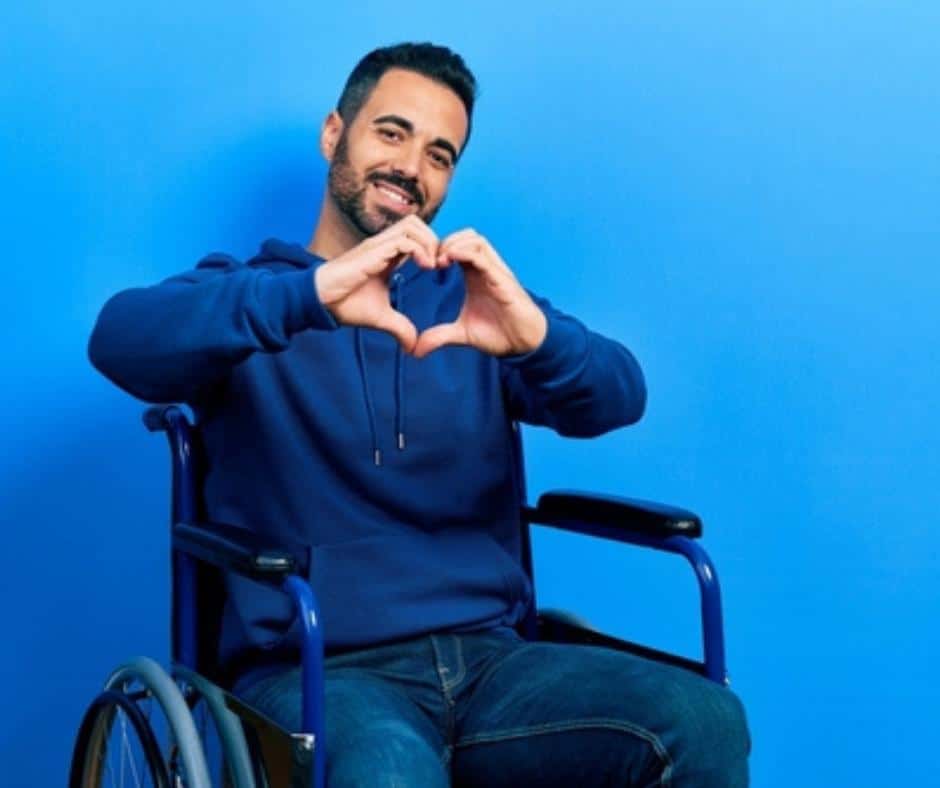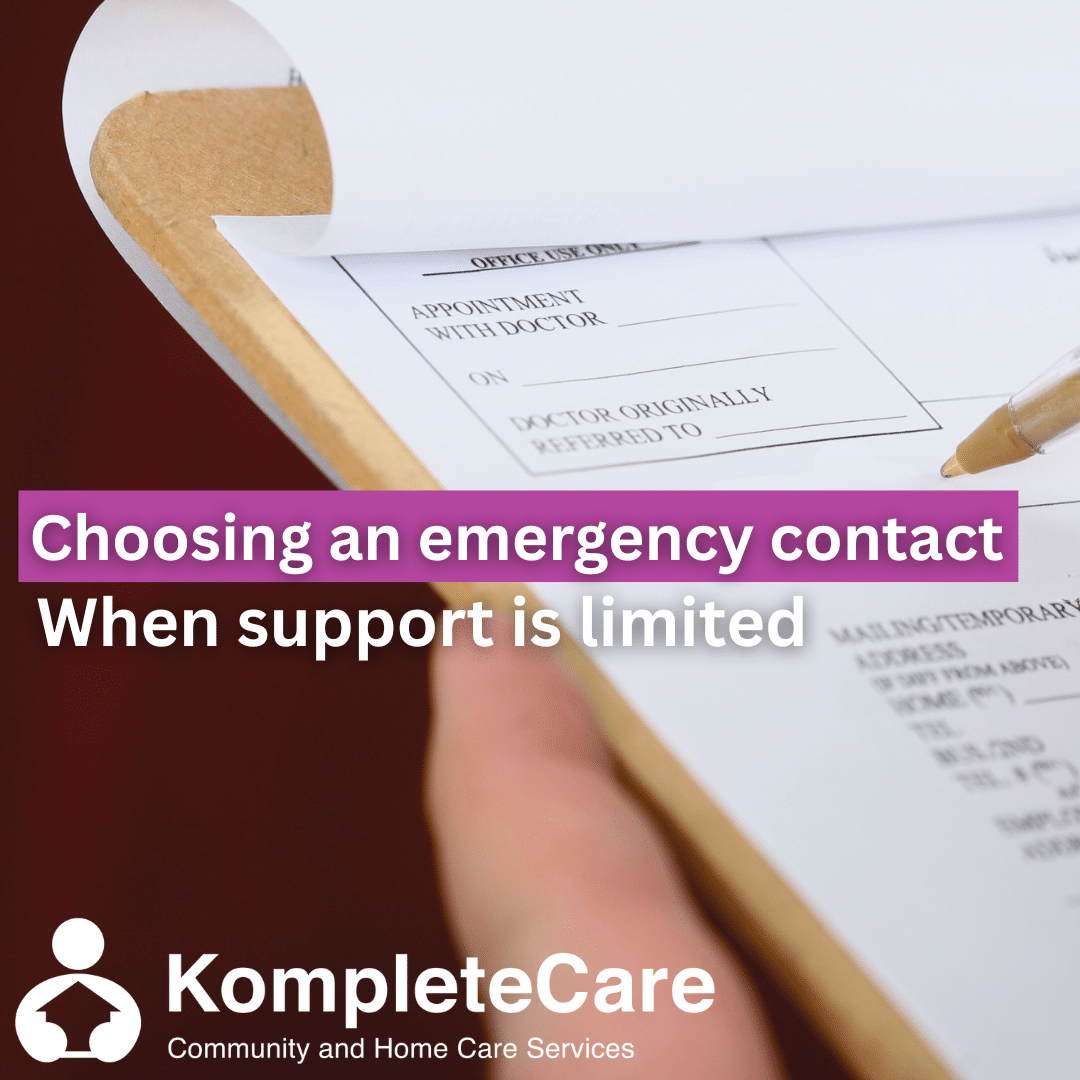Selecting an emergency contact is a routine requirement for many aspects of life. For many, this person is often a close relative or trusted friend. But for others, the decision can be a deeply personal and confronting. Choosing someone is more than about completing a form; it means identifying an individual who understands your needs, respects your values, and is willing to step in when it truly matters.
Understanding the challenge
Many people find themselves without an obvious emergency contact due to a variety of circumstances. This can include estrangement from family, relocating away from established support networks, or experiencing social isolation linked to disability or health issues. No matter the reason, these situations may lead to feelings of shame, discomfort, or loneliness—emotions that can make the process of nominating an emergency contact even more difficult.
Social and cultural shifts over recent decades have also contributed to this growing issue. More people are working remotely, living alone, and spending less time in shared community spaces. This has contributed to a rise in social isolation, making it harder to build or maintain meaningful connections. For some, trust may also be an issue—particularly cases involving domestic violence, strained relationships, or complex care needs.
What to consider when choosing an emergency contact
An emergency contact may be called upon to provide critical information, assist in urgent situations, or make decisions on your behalf. This makes it vital to choose someone who is trustworthy, dependable, and aware of your circumstances. Ideally, they should be reliable, responsive, and willing to take on the responsibility.
The most suitable person will depend on context. In some situations—such as a medical crisis—your emergency contact may be asked to provide consent for treatment or indicate your healthcare preferences. In such cases, emotional understanding and clear communication are just as important as physical proximity. A person who lives father away can still be appropriate if they are well-informed and responsive.
In contrast, certain scenarios may require a nearby contact who can respond immediately—such as transport from hospital or help with mobility at home. In these situations, proximity becomes a more significant factor, as having someone close by can make all the difference in receiving timely assistance and reducing potential risks.
It is also important to consider the person’s ability to stay calm under pressure, communicate clearly, and advocate on your behalf. Not everyone is comfortable in a crisis, so take time to choose someone who is both willing and capable of fulfilling this role.
Thinking creatively about potential contacts
When close family or friends are not an option, consider broadening your perspective on who could serve as a reliable contact. With some reflection, you may realise there are people in your life who play meaningful roles in your daily routine or community involvement.
Start by identifying individuals you interact with regularly. These connections may not be conventional but can still be reliable in a crisis. Some possibilities include:
- Neighbours who you know well and trust
- Support workers or health professionals familiar with your circumstances
- Regular acquaintances from social groups, volunteer circles, or places of worship
- Work colleagues who are dependable and willing to assist in a crisis
It may feel awkward to make this kind of request, but people are often more than willing to help—and may even feel honoured to be asked. Taking this step can even strengthen your connection with that person, helping to build a stronger a more supportive social circle in the long term.
Seeking help and support
If you feel uncertain about who to nominate as your emergency contact, do not hesitate to speak openly with the person or organisation making the request. Being transparent about your situation can lead to better understanding and support. Many service providers are familiar with this challenge and may be able to suggest practical alternatives or connect you with resources.
For instance, some organisations may allow you to list a caseworker or community liaison. Others might recommend trusted programs or services, such as telephone check-in systems or community outreach initiatives, where support structures can be formalised.
With that said, consider using the opportunity to gently build or strengthen your social connections. Taking small steps toward connection can gradually reduce feelings of isolation and create a safety net that extends beyond the immediate need for emergency contact information. Every interaction you have can be a building block toward a more connected, supported future.
While choosing an emergency contact may seem like a simple formality, for many it represents a deeply personal and complex decision. If you do not currently have an obvious choice, know that you are not alone. There are many people who navigate similar situations. With the right support, you can find a solution that provides you comfort and peace of mind.
At KompleteCare, we understand the complexities faced by individuals who may not have traditional support networks in place. Our compassionate team is here to help explore your options, connect you with trusted services, and build the kind of support system you need—not just for emergencies, but for overall wellbeing. For more information, contact us today on (08) 8265 5696 or fill out the enquiry form via our website.









